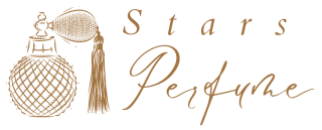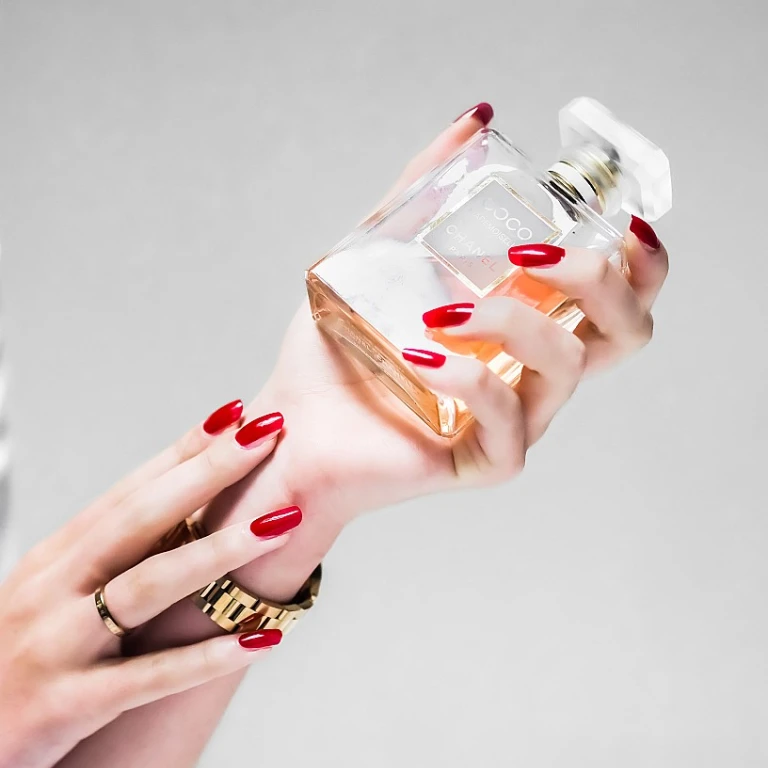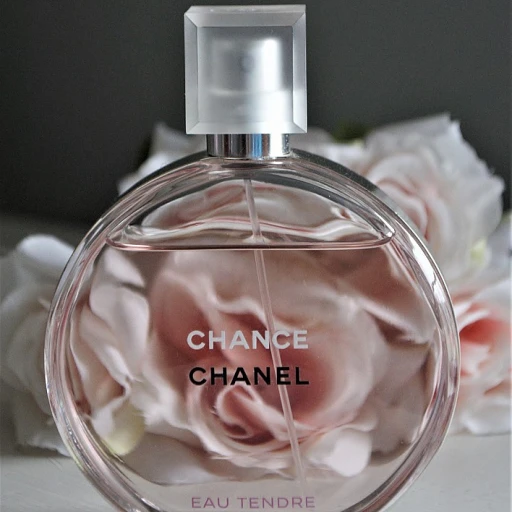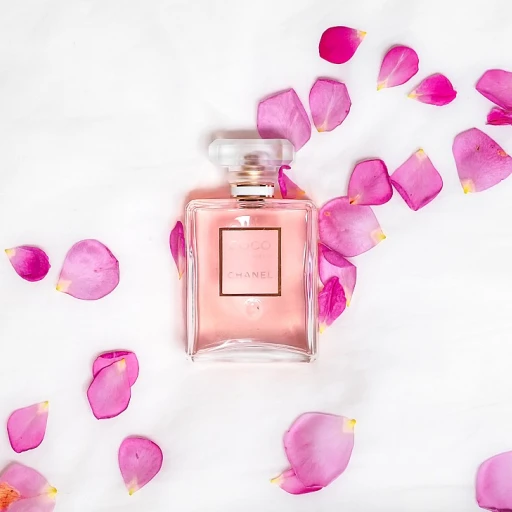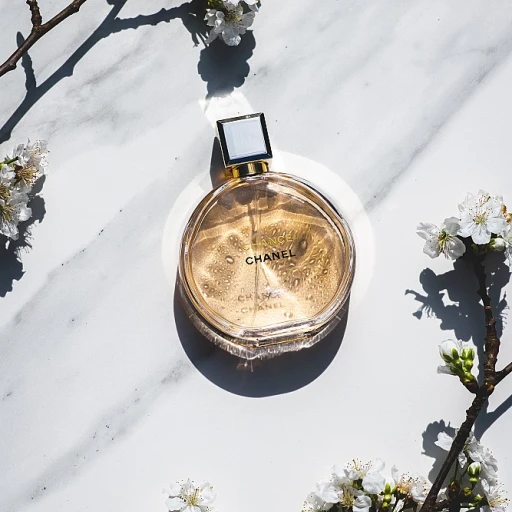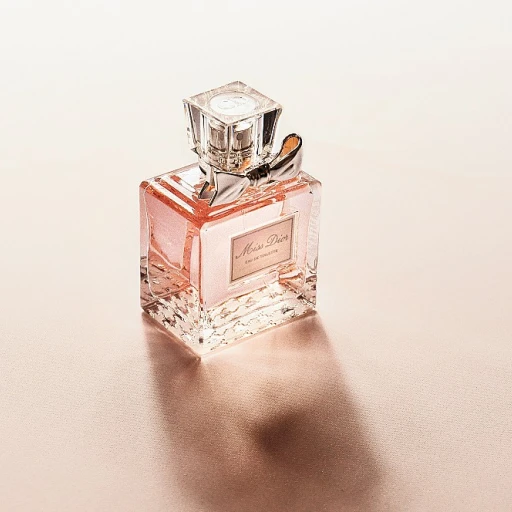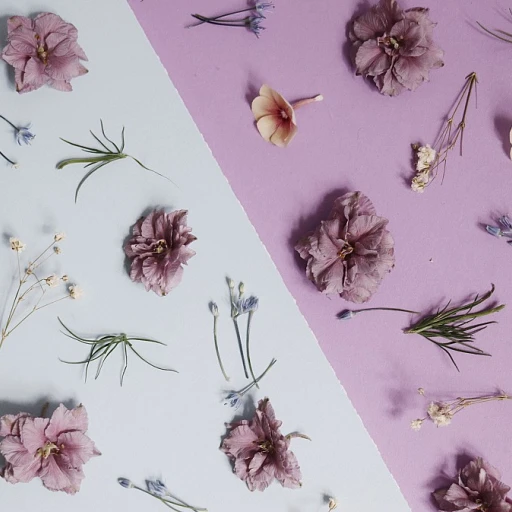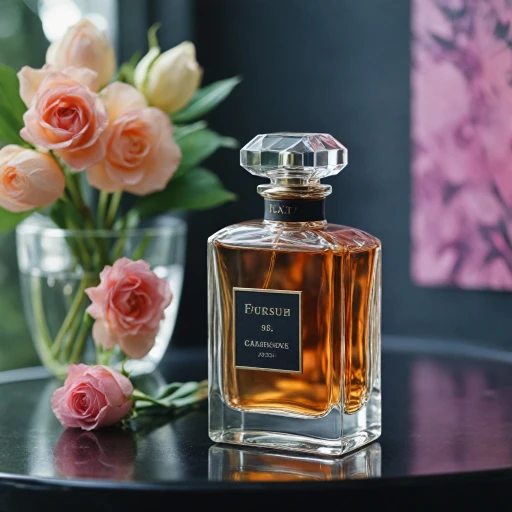
The Rise of Indie Fragrance Houses
Emergence of Boutique Perfumers
The fragrance industry is witnessing an unprecedented trend with the emergence of independent, or 'indie', fragrance houses. These boutique perfumers, often helmed by visionary artisans, have begun to carve out a significant niche in the market. Recent statistics have shown that the indie fragrance sector is evolving rapidly, with a reported growth rate eclipsing traditional luxury fragrance brands. This movement isn't just a fleeting trend; it's a full-fledged shift towards uniqueness and personalization in perfumery.
Personal Touch in a Bottle
The artisanal approach to creating signature scents is at the heart of these indie brands. Unlike mass-produced fragrances, these perfumers often engage in a meticulous process of sourcing rare and high-quality ingredients. By integrating this hands-on method, these trailblazers are offering consumers something uniquely theirs. Industry reports quote figures suggesting that more than 50% of customers are drawn to brands that offer personalized experiences, paramount in the world of artisanal scent creation.
The Balancing Act: Artistry vs. Economics
For indie scent creators, the journey is a balancing act between their creative vision and the business's economic realities. Challenges such as distribution, competition with established brands, and scalability remain prevalent. Despite this, triumphs are also commonplace, with many indie brands successfully leveraging social media and storytelling to build a devoted following eager for their next olfactory creation. Indie brands have been seen to outperform the growth of classic brands on social platforms, with engagement rates spiking up to 25% higher on platforms such as Instagram.
Trendsetting in the World of Aromas
The influence of these smaller, creative forces is significant. These brands are often the trendsetters, bringing about avant-garde and niche scents that challenge and expand the olfactory palette of the consumer market. Industry analysts observe that popular fragrance notes and marketing strategies from indie houses often commence trends subsequently adopted by larger players, emphasizing their impact on the industry's direction.
Green Scents on the Horizon
Sustainability has become a buzzword across all consumer goods sectors, and fragrance is no exception. Indie brands are at the forefront of this green revolution in perfumery, with many focusing on ethical sourcing, eco-friendly packaging, and transparent ingredient lists. As the general population becomes more environmentally conscious, this eco-centric approach is forecasted to be not just favored but expected by consumers. The fragrance industry could see a significant shift towards sustainably produced scents, with some experts predicting that sustainability will no longer be a niche market but the industry standard.
Crafting Signature Scents: The Artisanal Approach
Embracing the Art of Authenticity in Fragrance Creation
The landscape of perfumery is undergoing a transformative phase, with the emergence of independent fragrance houses shattering preconceived notions about what constitutes a successful scent. As consumers increasingly seek authenticity and individuality, small-scale perfumers are gaining traction. According to a report by Grand View Research, the global fragrance market size was valued at USD 31.4 billion in 2018 and is expected to grow, providing fertile ground for indie brands. These creators connect with fragrance aficionados through compelling stories and unparalleled transparency, fostering a culture of exclusivity and originality.
The Scent of Success: Market Statistics and Consumer Preferences
Focusing on niche, often handcrafted scents, indie perfume brands are capturing hearts. A NPD Group's 2020 fragrance industry report highlights that consumer interest in niche fragrances is burgeoning, with sales growing at an impressive rate. These fragrance enthusiasts appreciate the intricate layers and subtleties of indie offerings. Each bottle is not merely a fragrance, but an olfactory journey meticulously designed to evoke emotions and memories.
Disrupting the Norm: Indie Innovators Leading the Charge
Progressive and agile, indie fragrances offer a fresh perspective in a market traditionally dominated by mainstream giants. Witnessing indie brands like Imaginary Authors or MFK disrupting the industry is invigorating; they've created a ripple effect, inspiring others to explore and express their olfactory art. As they carve out their niches, they are also rewriting the rules — preferring short ingredient lists and sourcing ethical raw materials, as emphasized by Euromonitor International. This swell of creativity is reshaping consumer expectations and redefining the idea of luxury in perfumery.
Blossoming Partnerships and Collaborative Success
Indie fragrance houses often flourish through strategic partnerships. These collaborations range from working with niche boutiques to harnessing the reach of social media influencers. By aligning with like-minded entities that share their ethos, they tap into new audiences and create a synergy that fuels innovation and authenticity in their aromatic creations. The decision to prioritize quality over quantity is not only a core value but a tactical move that plays into the evolving consumer attitude towards slow, sustainable luxury.
Conclusion
The indie fragrance movement is more than just a trend; it's a powerful wave of change that is revitalizing the industry. With a focus on craftsmanship, authenticity, and direct communication with their audience, these avant-garde scent creators are crafting not just perfumes, but also a strong narrative around their brand. As they continue to grow and influence the broader market, their success is a testament to the power of passion and innovation in the ever-evolving world of fragrance.
Challenges and Triumphs for Indie Scent Creators
Celebrating the Artisanal Process in Fragrance Creation
As leaders in the burgeoning niche of indie perfume, artisanal creators have captured the hearts of fragrance aficionados far and wide. Each handcrafted scent is a testament to the meticulous processes that set these fragrances apart from mainstream offerings. The artisanal approach to perfume bridges tradition and innovation, with creators often drawing on historical techniques while infusing modern twists. Statistics show a significant consumer shift towards these bespoke scents; a report by Grand View Research highlighted that the artisanal segment is projected to grow annually by 8.1% from 2019 to 2025, signaling a robust desire for personalized fragrance experiences.
The Chemistry of Scent: Formulating Unique Fragrances
Formulating a unique fragrance is akin to a master painter blending colors. Perfumers, often referred to as 'noses', play with a palette of sometimes hundreds of ingredients to craft complex olfactory portraits. Renowned noses like Francis Kurkdjian and Roja Dove exemplify this, having created some of the most iconic indie scents that challenged olfactory norms and delighted consumers. Essential oils, absolutes, and exotic extracts are thoughtfully selected to achieve a harmonious balance—a symphony of top, heart, and base notes that unfold on the wearer's skin uniquely. Survey data from The Perfume Society indicates that over 70% of perfume enthusiasts can distinguish these layers, highlighting the sophistication of today’s fragrance fans.
Fostering Emotional Connections Through Scent
The power of scent to evoke memories and emotions is unparalleled, a fact not lost on indie brands. They often encapsulate stories, producing more than a mere fragrance, but a narrative in a bottle. The connection forged between the scent and the wearer can be deeply personal, with anecdotal evidence suggesting that choosing a signature scent frequently aligns with an individual's life experiences. Brands like Byredo and Le Labo have capitalized on this, offering names and packaging that speak directly to the consumer's desire for connection. An independent study revealed that personalized perfume bottles resulted in a 15% increase in consumer attachment to the fragrance, showcasing the importance of this emotional bond.
Navigating Ingredient Selection with Expertise and Creativity
Indie fragrance creators are pioneers, delving into seldom-used or obscure ingredients to craft their signature scents. This exploration requires a rare combination of creativity and expertise—two hallmarks of successful indie houses. For instance, the resurgence of oud, a once obscure resin in Western perfumery, can arguably be traced to indie brands' fearless innovation. The recent embrace of more transparent labeling reflects consumers' growing interest in ingredient provenance and composition. Insights from market analysts show that ingredient transparency is a key factor influencing purchase decisions for 62% of millennials seeking authentic and clean fragrances.
The Impact of Indie Brands on Perfume Industry Trends
Overcoming Obstacles in the Aromatic Arena
Indie fragrance creators face a myriad of challenges, from sourcing rare ingredients to competing with the marketing powerhouses of established brands. According to a report by The NPD Group, sales of prestige fragrances grew by 8% in recent years, yet small indie creators only capture a fraction of this market share. They often rely on blending distinctive and sometimes obscure notes to create their olfactory artistry, which can pose significant sourcing and cost challenges. To mitigate this, many turning towards partnerships with local producers, one example being Atelier Cologne's collaboration with family-owned farms to secure quality citrus notes.
Innovative Marketing Strategies: Telling Stories through Scent
Competing in storytelling, indie fragrance houses are redefining how scents are marketed. According to findings from Euromonitor International, storytelling is a potent trend, with fragrance descriptions now integrating narratives that resonate on a personal level with 62% of consumers. One striking campaign comes from Imaginary Authors, where each scent comes with its own literary backdrop, thus inviting buyers not just to wear a perfume, but to imbibe a story.
Creating a Community of Scent Enthusiasts
Entrepreneurial scent makers are cultivating loyal communities by engaging with enthusiasts directly. Brands like Le Labo have successfully leveraged the power of social media, witnessing growth rates in engagement upwards of 30% annually. By harnessing platforms like Instagram for real-time interactions, they foster a sense of belonging among users, who often seek personalized fragrance experiences.
Fostering Niche Expertise and Collaboration
The indie sector thrives on shared knowledge and collective expertise. Statistics from International Fragrance Association (IFRA) suggest that over 70% of indie fragrance firms engage in some form of collaboration, whether for expertise exchange or co-creation. An instance of such synergy is the connection between Maison Francis Kurkdjian and leading noses from around the globe, reflecting a tapestry of olfactory insights that enrich their fragrance offerings.
Financial Realities: The Cost of Craftsmanship
Indie scent houses must navigate the financial shoals of production and distribution. A study by Mintel indicates the average cost of creating an indie perfume is 40% higher than for mass-market fragrances, since indie brands often prioritize high-quality, sustainable ingredients and artisanal methods. Yet, admirers of indie scents willingly pay a premium for these creations, acknowledging the art and passion infused into each bottle.
The Future of Fragrance: Sustainability and Indie Innovation
Indie Brands and Trendsetting in the Perfume World
In recent years, the perfume industry has seen a seismic shift, largely influenced by the emergence of independent fragrance houses. With a growth statistic indicating that artisanal perfume market's value is expected to grow significantly within the next decade, indie perfumers are unequivocally setting new industry trends. Traditional luxury brands are now keeping a close eye on these small-scale, innovative players who are gaining considerable consumer attention and loyalty with their unique and bold scent profiles.
Personalization: The Hallmark of Indie Perfume Success
Personalization is a buzzword in modern consumer industries, and it's a trend that indie fragrance brands have capitalized on masterfully. One survey showcases that over 50% of consumers are more likely to purchase a product that offers a personalized experience. Indie brands often provide bespoke fragrance services or craft small batches of distinct scents, paving the path for a more personalized experience. This level of customization has raised the bar, compelling mainstream fragrance giants to reconsider their strategies, thus reshaping the larger industry landscape.
Adopting and Leading Niche Markets
- Unusual and Rare Ingredients: Indie brands are often at the forefront of using rare or unheard-of components, creating a niche market for exotic scents.
- Limited Edition Releases: By offering limited edition perfumes, indie houses create a sense of urgency and exclusivity that drives consumer interest and sales.
- Storytelling: A narrative woven into the scent experience attracts consumers who are seeking more than just perfume—they're after an olfactory journey.
Indie Influence on Consumer Preferences and Habits
Statistics indicate a shift in consumer preferences toward more niche, artisanal products. As noted by experts, nearly 40% of consumers are drawn to independent brands due to their perceived authenticity and transparency. This evolution of consumer habits is attributable to indie brands' abilities to connect with their audience on a more personal level, fostering trust and a strong customer-brand relationship. As a result, the perfume industry is experiencing a growing demand for fragrances that tell a story, reflect individual personalities, and embody ethical values.
Embracing Sustainability: A Scented Revolution
The push for sustainability is another area where indie fragrance houses shine, thereby setting new industry standards. Current research suggests that the majority of consumers are willing to pay more for sustainable products, with the perfume industry being no exception. Indie brands often use ethically sourced ingredients and eco-friendly packaging, attracting a conscientious demographic and spurring a green revolution within the scent world. This has prompted a ripple effect, with larger companies now emphasizing sustainable practices to stay relevant in the evolving perfume market.
